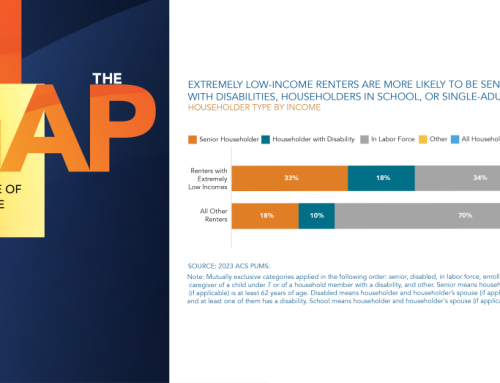FOR IMMEDIATE RELEASE: April 17, 2024
Advocates urged lawmakers to prioritize certain items in the Ohio Senate Select Committee on Housing’s report issued Wednesday, but cautioned that some recommendations could hamper the state’s ability to respond quickly to Ohio’s affordable housing crisis.
“We applaud the Senate for making Ohio’s growing affordable housing crisis a priority issue, and appreciate Chair Michelle Reynolds’ (R-Columbus) inclusive process, listening to Ohioans about the personal crises as they try to keep a roof over their heads,” said Amy Riegel, executive director of the Coalition on Homelessness and Housing in Ohio.
Zack Eckles, Policy Advocate for the Ohio Poverty Law Center, said he was especially pleased to see the report endorsed stronger tenant protections, such as allowing renters to seal old eviction filings and requiring a phone number where renters can actually contact their landlords.
“An eviction record can have significant negative consequences for a person’s credit and ability to find safe and secure housing even if the eviction was dismissed, was not the fault of the tenant, or occurred many years earlier,” he said. “Creating a uniform process for eviction record sealing in Ohio is long overdue.”
COHHIO and OPLC also endorsed a recommendation to close the LLC loophole so that local governments can hold absentee landlords and predatory investors accountable.
Riegel said the recommendation for Ohio’s Medicaid program to request a waiver to allow beneficiaries to receive the supports and services will help stabilize their housing and live healthy lives.
Recommendations to modernize zoning codes and create a grant fund to incentivize higher density housing resemble smart legislation that Reps. Dani Isaacsohn (D-Cincinnati) and Adam Matthews (R-Lebanon) recently introduced in the House to incentivize municipalities to adopt policies to increase housing supply.
“We are concerned, however, that some recommendations in the report could increase bureaucracy and shift resources away from Ohio’s most vulnerable residents,” Riegel said. For example, requiring owners of subsidized housing to verify tenants’ eligibility every year is redundant since this is already required.
“And allocating a portion of the new State Low Income Tax Credit to middle-income workers in high-demand jobs will siphon scarce resources away from people who are struggling to stay housed while working low-wage jobs – many of which are in high demand,” she said, noting that only 3 of the 10 most common jobs in Ohio pay enough to afford a modest two-bedroom apartment.
“We appreciate the Senate’s determination to address the affordable housing crisis quickly,” Riegel said. “It’s imperative for stakeholders and residents to stay engaged in the process to ensure that any legislation stemming from this report doesn’t have unintended or unforeseen consequences.”
-30-








